Former High Commissioner to Kenya, South Africa and Lesotho, Ambassador Rajiv Kumar Bhatia, is a Distinguished Fellow of the Foreign Policy Studies Programme at Gateway House. In his new book titled "India-Africa Relations: Changing Horizons", the author contemplates the rise to the prominence of the African continent as a major global actor. He tracks the evolution of the India-Africa relationship in changing geopolitical realities and outlines a series of events that led to this transformation. In the book, the author successfully presents a well-researched history of India's social, cultural, economic and diplomatic engagement, mixing it well with his own experience.
At first, it may appear unrealistic to be informed about such a broad range of engagement and to find sources to establish this vast narrative. Collecting data over several decades to assess so many varied dimensions is not easy and requires extensive research. The author effectively glanced through each era of India-Africa relations and highlighted the key events of each period. Author’s keen observation, interest, and familiarity with the policy-making helped him to elaborate on each aspect of India's relationship with Africa in great depth. While the book's primary goal appears to be to make India and the rest of the world more "Africa-aware," this elegantly written and passionate volume is a fascinating guide for the students of African studies. It could easily be recommended as a textbook.
A wealth of literature is available that illustrates China's relationship with Africa in all of its facets. In comparison, there isn't nearly enough research on India's engagement in Africa in its entirety. There is a lot of solid research work available on Gandhi and his influence across Africa. The Indian diaspora, particularly in Eastern and Southern Africa is also another subject of extensive research. Finally, different aspects of India's engagement with Africa's anti-colonial struggle, apartheid, and the establishment of political institutions were also addressed in some of these publications.
However, a book addressing all aspects of India's engagement with Africa, including an unusually exhaustive list of policies and programmes for current interactions, is not only unique but also much needed. In specific ways, the book "India-Africa Relations: Changing Horizons" presents a comprehensive review of India in Africa, as well as policy recommendations and action plans for each important stakeholder. The author does not concentrate on any one country or place or any particular epoch. Although most of the book is set in the previous two decades, it is meant to reflect the reality of the burgeoning India-Africa connection.
As a diplomat, the author skilfully avoids broad generalisations about a continent twenty times the size of India. Instead, he decides to focus on 15 specific countries with which India has significant interactions and he details India's engagement with each one of them, individually. And his personal experiences and feelings, whether at the Pietermaritzburg railway station during his tenure as High Commissioner of India to South Africa and Lesotho, during his one-on-one conversation with Mandela in March 2007, or during Mandela's visit to India much earlier in October 1990, bring the book to life. The readers will be able to feel the emotion while learning about various historical milestones.
What also sets this book apart from other comparable studies is that the author avoids the typical state-centric narratives of international relations to explain the evolution of India-Africa relations. Instead, he highlights multiple channels among both societies that contributed towards strengthening this historical link. As a result, the book's development closely reflects Robert Keohane and Joseph Nye's 'complex interdependence' paradigm.
A plethora of political, intellectual, and human elements as well as influential leaders, shaped the trajectory of the India-Africa relationship. Contemporary political, economic, demographic, and social trends also played a significant role in charting the path of this relationship. Staying honest, the author doesn't highlight an individual event or a single leader. He mentions all the historical events and gives due credit to each leader for what they have contributed towards improving the India-Africa relationship. Certainly, Mahatma Gandhi and Jawaharlal Nehru receive the limelight, but the contributions of Indira Gandhi and her son Rajiv Gandhi are equally acknowledged. For example, the author praises Rajiv Gandhi for his active participation as Indian Prime Minister in promoting Namibia's independence and his contribution to the launch of Africa Fund by NAM.
The author divides the overlapping time-period of India's interaction with Africa into three distinct periods: pre-colonial, colonial, and post-colonial. Because so much of the discussion is centred on post-Indian independence, he further divides it into three periods: the Nehru era, the post-Nehru era, or the Cold War era, and the final three decades following India's economic liberalisation. In reality, during the Soviet Union's collapse, which coincided with India's departure from the socialist growth model, India became more assertive in its foreign policy and began actively looking beyond its immediate neighbourhood. Perhaps the author might consider working on a new project, the Modi doctrine of India's Africa policy, which appears to be much more proactive and engaging.
The book contains many interesting details that are not widely known. Only two African countries, Ethiopia and Nigeria, supported India during the Sino-Indian conflict of 1962. And this war took place at the height of the Non-Alignment Movement (NAM), when India received Africa's unwavering support for Indian version of NAM. Similarly, we learned that despite consistent Indian request, Nigeria was the last prominent country to recognise Bangladesh after its independence, fearing its secession challenges. Actually, this underpins the realistic foreign policy of most African countries and serves as a caution that a relationship which is not organic and need-based is bound to fail.
It's also critical to keep a careful eye on what other powerful countries are up to on the continent and constantly rework the engagement strategy to stay competitive. The author rightfully dedicates an entire chapter explaining China’s ever-increasing engagement in Africa. In addition to the generally used terms like predatory loans and debt traps, the author has utilised concepts like stadium diplomacy, palace diplomacy, fast-footed diplomacy, and donation diplomacy with empirical evidence.
The author has been generous in recognising various individuals and organisations that have worked on the subject or have made significant contributions to raising Africa awareness in India. The author cites Ali A. Mazrui to explain the five dimensions of Pan-Africanism and Nelson Mandela to expound Gandhi's role in the African independence movement and vice versa. Professor Ajay Dubey of Jawaharlal Nehru University is mentioned to describe India's foreign policy after the 1962 Sino-India war, and Ruchita Beri of IDSA is cited to exemplify cooperative security framework between the two continents. The contributions of think tanks like ORF and RIS are acknowledged. The author sincerely recognises the work of the Vivekananda International Foundation, with a special mention of its Task Force Report from 2018.
The book as a whole chronicles India-Africa ties and defines their future scope. It lays out some key pillars to help sustain and support the architecture for deeper Indian-African engagement. The connecting thread includes similar demographics, India's technological prowess, India Inc's sincere efforts, collaboration opportunities in education, training, and skill development, and historical people-to-people ties. True, India's capabilities, especially its expertise with coordinated policy action, are still limited. Inadequate funding is not the only challenge. India’s diplomatic corps is understaffed, and domestic concerns easily sway foreign policy. Recently, during the Covid-19 times, it was witnessed how domestic realities led the government to alter its foreign policy, much to the chagrin of its foreign policy.
According to the author, India might now consider forging multi-layered connections with some strategically significant African countries. Mozambique is one such case. Mozambique receives around a fifth of India's overall FDI in Africa. India also offers a huge variety of aid and training programmes, most notably training for military and intelligence services. Rwanda is another country in which India is becoming more interested. India must form similar partnerships with other African countries in which it is interested, whether in raw materials, oil and gas, market development, or human resource development.
India should concentrate its efforts on Africa's transition economies, which are less resource-dependent and rely on manufacturing and services to drive their economies. Ethiopia, Tanzania, Ghana, Morocco, Algeria, Niger, Ivory Coast, and others are some of the key countries beyond South Africa, Nigeria, and Kenya. The Indian Ocean Island states, Guinea, Equatorial Guinea, and Djibouti, for example, are strategically vital due to their location and/or military situation. A robust and all-encompassing partnership is required, not merely one based on energy or other requirements.
India always focussed on bilateral ties. Apart from signing a few memorandums of understanding, India has done little to foster regional integration. This would/might change with the AfCFTA in effect, and India would have to adapt. India is looking towards Triangular Development Cooperation or third-country partners to address capacity challenges. Examples are ISA with France and AAGC with Japan. UAE has recently expressed interest in collaborating with India for African development. Despite all of the hard work done, Africa could be a missed opportunity unless India ensures the implementation of its policies at the ground level.

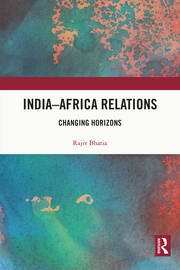


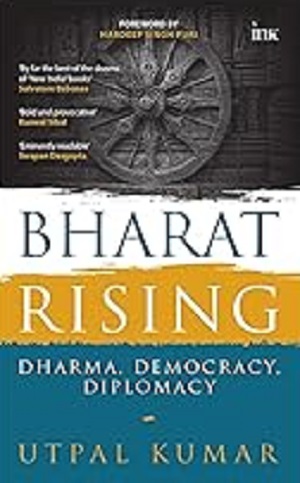
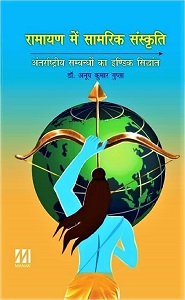
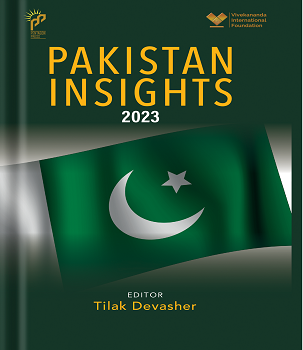
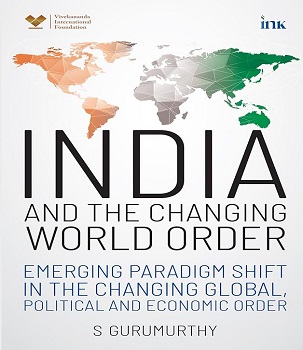
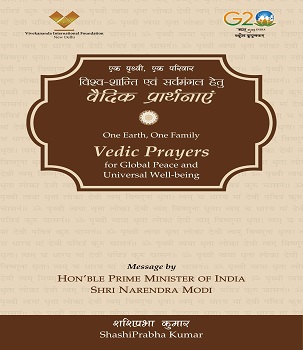
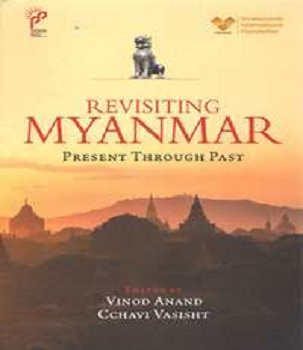

Post new comment